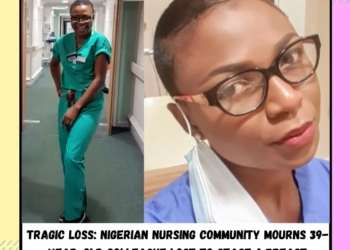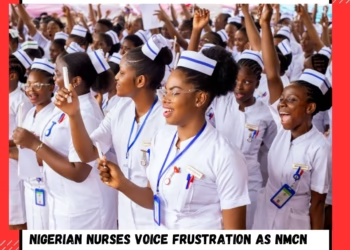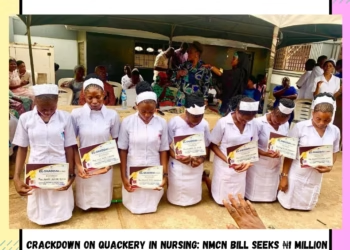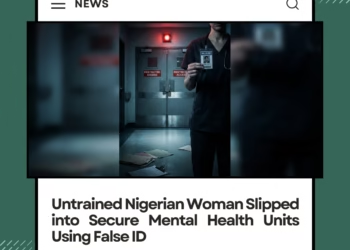A disturbing wave of xenophobic harassment in South Africa is leaving Nigerian women and other foreign nationals without access to essential healthcare. Reports from Johannesburg, Pretoria, and other provinces reveal that members of the anti-migrant group Operation Dudula are blocking foreigners from public hospitals, forcing women to give birth on bare floors and patients to be discharged without treatment.
Operation Dudula: From Activism to Intimidation
Operation Dudula, which describes itself as a grassroots movement against illegal immigration and unemployment, has been accused of targeting African migrants—particularly Nigerians—with violence and intimidation.
In a viral video circulating this week, one of the group’s leaders was seen ordering foreigners out of a hospital:
“If you know yourself that you are not a South African, please stand up. Don’t try us because we are going to check everybody.”
Members of the group have also been reported to block clinics, confront immigrants at businesses, and even deny mothers access to immunisation services for their babies.
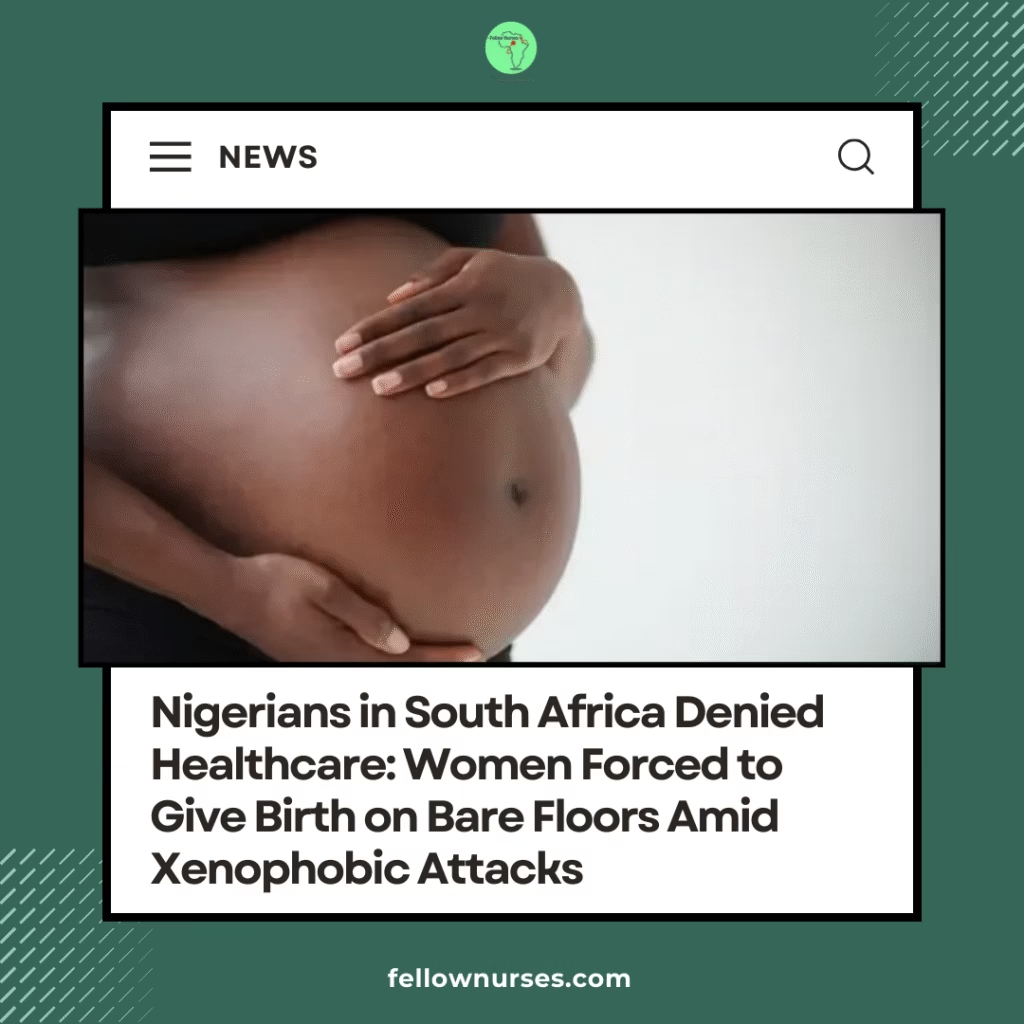
Nigerians Cry Out: “This Is Pure Illegality”
Community leaders say the harassment has reached crisis level. Frank Onyekwelu, President of the Nigerian Citizens Association in South Africa, described the situation as “another wave of xenophobic assault.”
“Imagine a woman giving birth on a bare floor in front of a hospital without antenatal care or the assistance of a midwife,” Onyekwelu lamented. “Patients are being discharged without treatment. Some of them could just die like chickens.”
Smart Nwobi, President of the Nigerian Union in South Africa, confirmed that nursing mothers are being denied routine healthcare. He condemned the actions of Operation Dudula as “purely criminal,” stressing that such practices violate Section 27 of the South African Constitution, which guarantees access to healthcare for all residents.
Afrophobia Masquerading as Activism
While Operation Dudula claims to be protecting South African jobs and services, critics say its actions are a dangerous form of afrophobia—targeting Black Africans while ignoring systemic inequality and unemployment.
Some of the group’s leaders are even dual citizens, born to immigrant parents, yet they accuse others of not being “South African enough” if they do not speak local languages.
“This is not just xenophobia, it’s afrophobia,” Nwobi argued. “It undermines African solidarity and puts lives at risk.”
Diplomatic and Legal Pushback
The Nigerian community has reported the crisis to the Nigerian Embassy in Pretoria, which has promised to engage South African authorities. The African Diaspora Forum is also considering legal action, including an injunction at the South African High Court.
Political leaders across South Africa, including members of the Economic Freedom Fighters (EFF), have condemned Operation Dudula’s actions, describing the group as “criminal thugs.”
Former Nigerian diplomats have urged Abuja to summon the South African Ambassador and demand accountability, warning that the crisis could spark fresh diplomatic tensions between the two countries.
The Human Cost
Behind the politics are ordinary families paying the price:
- Pregnant women forced to deliver in unsafe conditions.
- Infants denied immunisation.
- Patients discharged prematurely, risking avoidable deaths.
For Nigerians in South Africa, private clinics are the only alternative—but most cannot afford them. Nigerian doctors are now stepping in to provide emergency support for stranded patients.
A Call to Action
This crisis highlights not just xenophobia, but the urgent need for African governments to protect their citizens abroad. If left unchecked, Operation Dudula’s actions could deepen distrust among African nations and fracture the dream of continental unity.
Healthcare is a human right, not a privilege of nationality.

